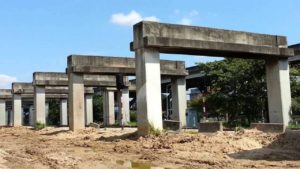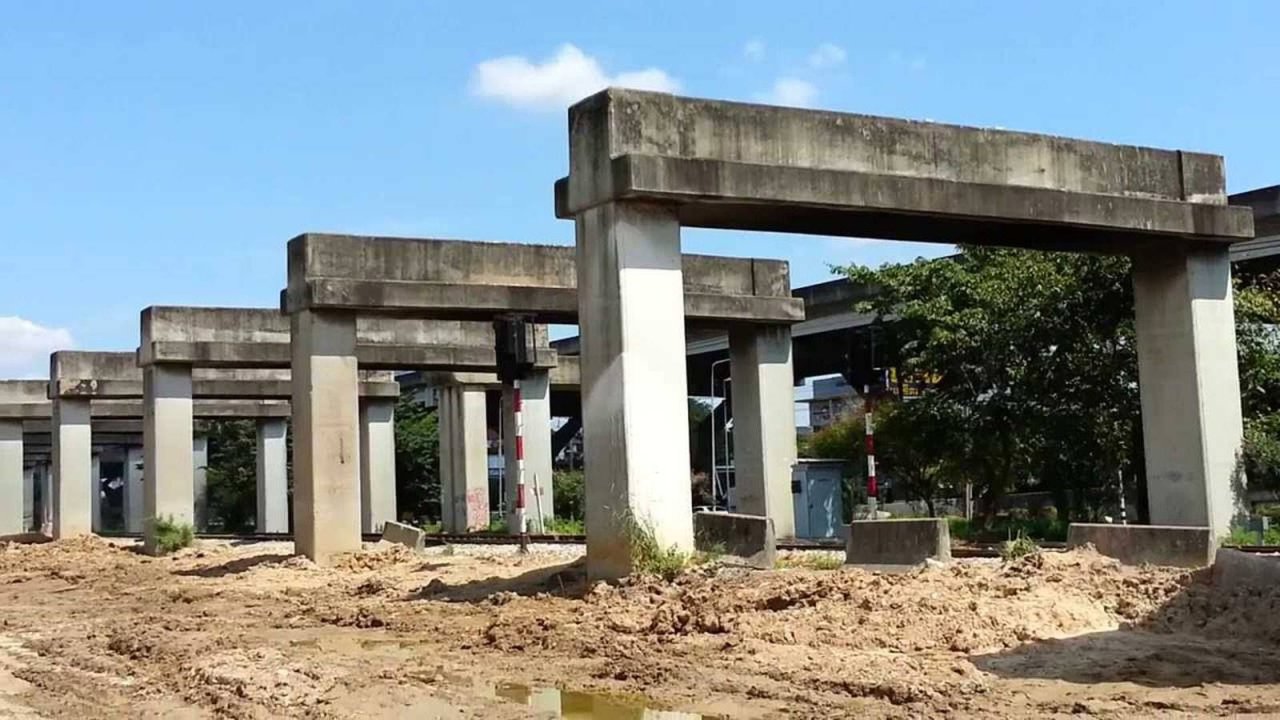 Thailand’s Hopewell saga reveals true cost of political corruption
Thailand’s Hopewell saga reveals true cost of political corruption
By The Nation
Thai taxpayers have been robbed of Bt11.88 billion, in what should be a lesson for the future
When politicians and bureaucrats are corrupt or incompetent or both, taxpayers are the ones who suffer most. This was amply demonstrated by the Supreme Administrative Court’s latest ruling that the State Railway of Thailand (SRT) must pay Bt11.88 billion in compensation plus interest to the Hong Kong-based Hopewell Company.
This long-running saga started in 1990 when the Chatichai Choonhavan government signed a 30-year concession contract with the private firm to build an Bt80-billion elevated road and train system in Bangkok to ease the city’s traffic congestion.
The 60-kilometre Hopewell project was controversial from the start because of contractual weaknesses and other issues, prompting the following government of Anand Panyarachun to launch a comprehensive review of the scheme.
From 1992 to ’96, the project ran into financial and liquidity problems as well as technical hitches, resulting in protracted delays. In 1997, construction work came to a halt at the height of the Asian financial crisis. The Chavalit Yongchaiyudh administration began taking steps to terminate the concession contract that year.
In 1998, the Cabinet approved a resolution to scrap the deal because the project’s construction work, after seven years, was only 13 per cent completed.
According to the concession contract, any disputes between the government and the private firm were supposed to be settled by a three-person arbitration committee, a mechanism proven later to have put the government at a disadvantage.
The government cited the firm’s inability to finish its construction work obligations as the major cause for ending the contract, as evidenced by the snail-pace progress that made it highly unlikely the system’s overall construction would be completed within 10 years as required in the contract.
In its defence, Hopewell cited as the main factor for delays the SRT’s failure to hand over land plots along the routes in accordance with the project’s timeline.
Hopewell subsequently sued SRT for compensation of Bt56 billion, while SRT filed a counter-suit seeking Bt200 billion in compensation.
Eventually, the arbitration committee, which comprised one member from the government, one from the private sector plus a third person jointly approved by both parties, reached a resolution in favour of the private firm.
The case later went to the Administrative Court, which dismissed the arbitration committee’s ruling in 2004 on the basis that its statute of limitations had already expired after a period of five years, counting from 1998 when the contract was terminated.
However, Hopewell did not accept the court’s verdict and forwarded the case to the Supreme Administrative Court, which on Tuesday upheld the arbitration committee’s ruling in favour of the firm.
As a result, SRT has been ordered to pay Bt11.88 billion plus 7.5 per cent per-annum interest dating back a total of 21 years.
Overall, taxpayers should learn a big lesson from this saga, which stemmed from incompetent and corrupt politicians who managed to clinch a multibillion-baht deal with a private firm in the absence of proper check-and-balance mechanisms.
Details of the project covering its technical and financial feasibility were never properly vetted by public sector experts and other professionals, resulting in multiple challenges once the contract was signed. In the end, Thai taxpayers are the losers.
Source: http://www.nationmultimedia.com/detail/opinion/30368403
